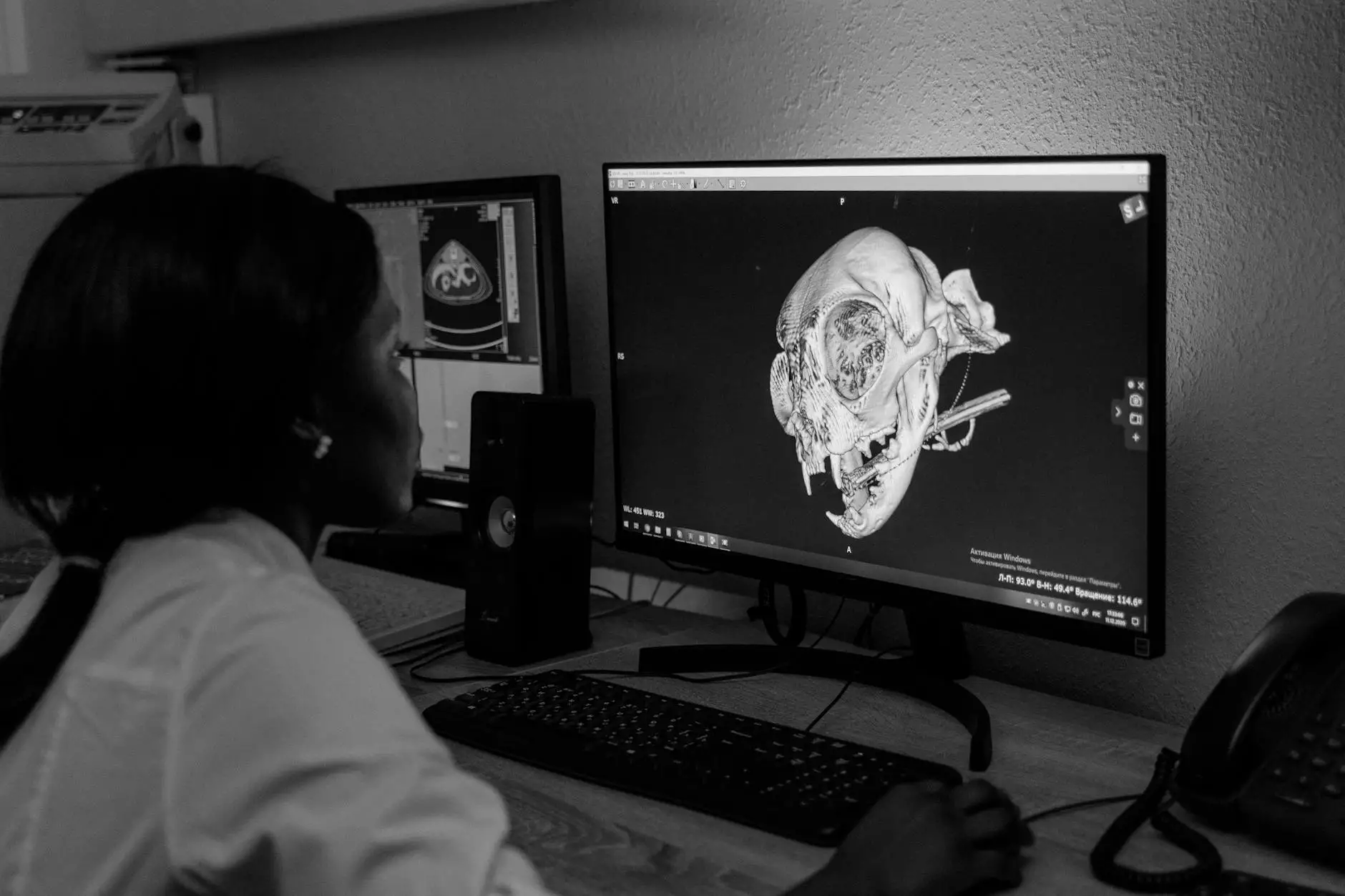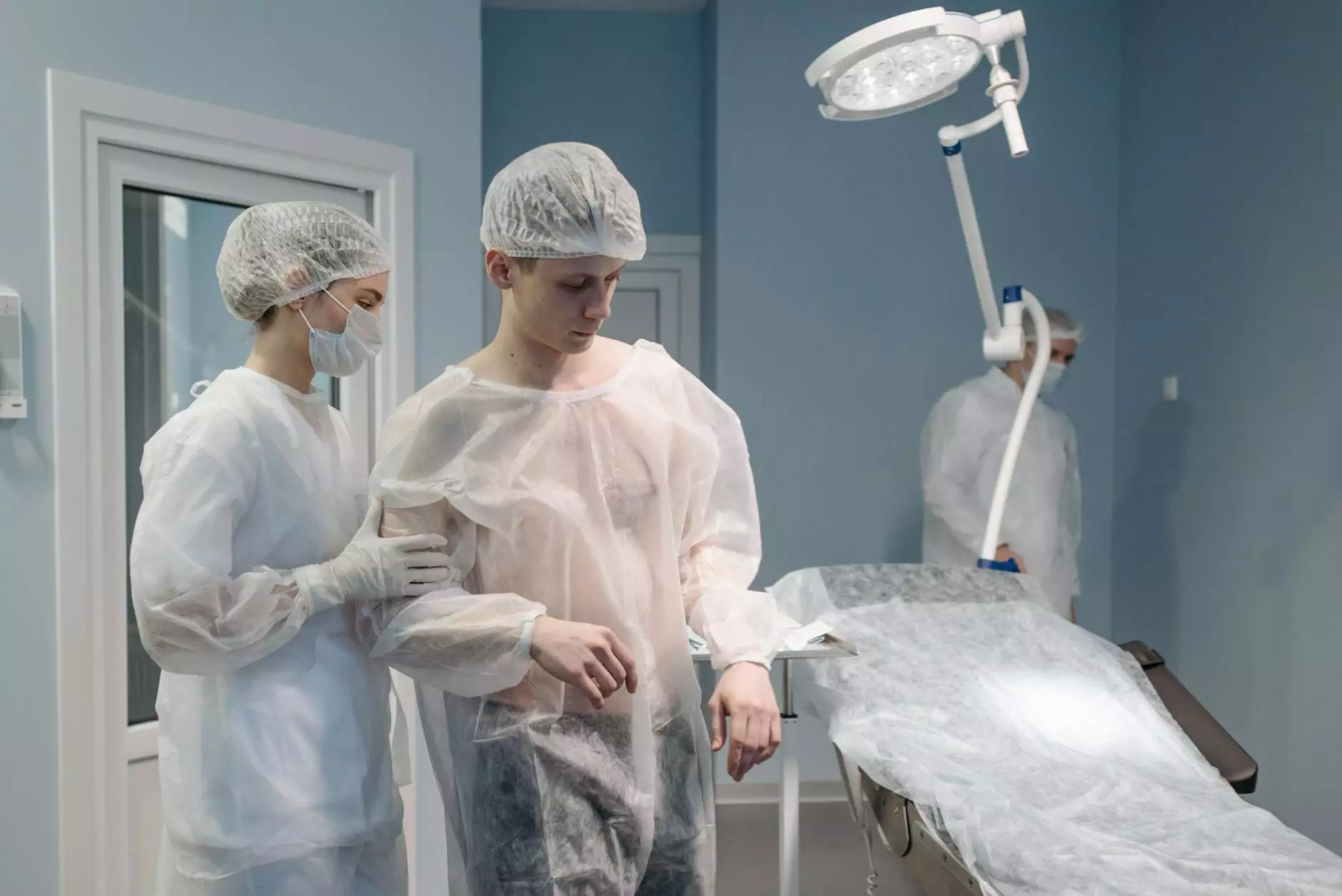Myths About Pneumonia: Debunking the Tales

Welcome to Bay Regional Medical Center, where we aim to provide you with accurate and comprehensive information about various health conditions. In this article, we will debunk common myths surrounding pneumonia, shedding light on the facts, symptoms, and treatment options. Stay informed and take charge of your respiratory health.
Understanding Pneumonia
Pneumonia is a serious respiratory infection that affects the lungs. It can be caused by various factors, including bacteria, viruses, fungi, or inhaling certain chemicals. Contrary to popular belief, pneumonia is not simply a severe cold or the flu. It requires proper medical attention and should not be taken lightly.
One common myth is that pneumonia only affects the elderly. While it's true that older individuals and those with weakened immune systems are more susceptible, anyone can develop pneumonia. It's crucial to understand the risk factors and take preventive measures regardless of age or overall health.
Debunking Common Myths
Myth 1: Pneumonia is not contagious.
Fact: Pneumonia can be contagious and is often spread through respiratory droplets when an infected person coughs or sneezes. It's essential to practice good hygiene, such as regular handwashing, covering your mouth and nose when coughing or sneezing, and avoiding close contact with individuals who have pneumonia or respiratory infections.
Myth 2: Antibiotics can cure all types of pneumonia.
Fact: While antibiotics can effectively treat bacterial pneumonia, they will not be effective against viral or fungal pneumonia. Different types of pneumonia require different treatment approaches, and it's crucial to receive a proper diagnosis from a healthcare professional to determine the appropriate course of action.
Myth 3: Pneumonia only affects individuals with preexisting respiratory conditions.
Fact: Pneumonia can affect anyone, regardless of their respiratory health. However, individuals with asthma, COPD (chronic obstructive pulmonary disease), or other preexisting respiratory conditions may have a higher risk of developing pneumonia or experiencing more severe symptoms. It's important for these individuals to manage their conditions effectively and follow preventive measures.
Recognizing the Symptoms
Knowing the common symptoms of pneumonia can help you seek medical attention promptly:
- Chest pain: Pain or discomfort in the chest region, especially when breathing or coughing.
- Fever: A high body temperature often accompanied by chills and sweating.
- Cough: A persistent cough that may produce phlegm or blood.
- Shortness of breath: Difficulty breathing, especially during physical activity.
- Fatigue: Feeling excessively tired or weak.
- Loss of appetite: Reduced desire to eat or drink.
- Confusion: Changes in mental state or confusion.
If you experience any of these symptoms, particularly if they persist or worsen, consult a healthcare professional for an accurate diagnosis and appropriate treatment.
Prevention and Treatment
Preventing pneumonia starts with maintaining a healthy lifestyle and taking preventive measures:
- Immunization: Get vaccinated against pneumonia and follow the recommended immunization schedule.
- Good hygiene practices: Wash your hands regularly, avoid touching your face, and cover your mouth and nose when coughing or sneezing.
- Stay healthy: Maintain a balanced diet, engage in regular exercise, and get enough sleep to keep your immune system strong.
- Treat underlying conditions: Manage chronic respiratory conditions and other underlying illnesses effectively to reduce the risk of complications.
If diagnosed with pneumonia, treatment will depend on the cause and severity of the infection. Your healthcare provider may recommend rest, prescribed medications, adequate hydration, and close monitoring until you recover.
Conclusion
Pneumonia is a serious respiratory infection that can affect anyone. By understanding the facts and debunking common myths, you can take proactive measures to prevent pneumonia and seek prompt medical attention if needed. Remember, your respiratory health is essential, and staying informed is the first step towards maintaining a healthy lifestyle.










